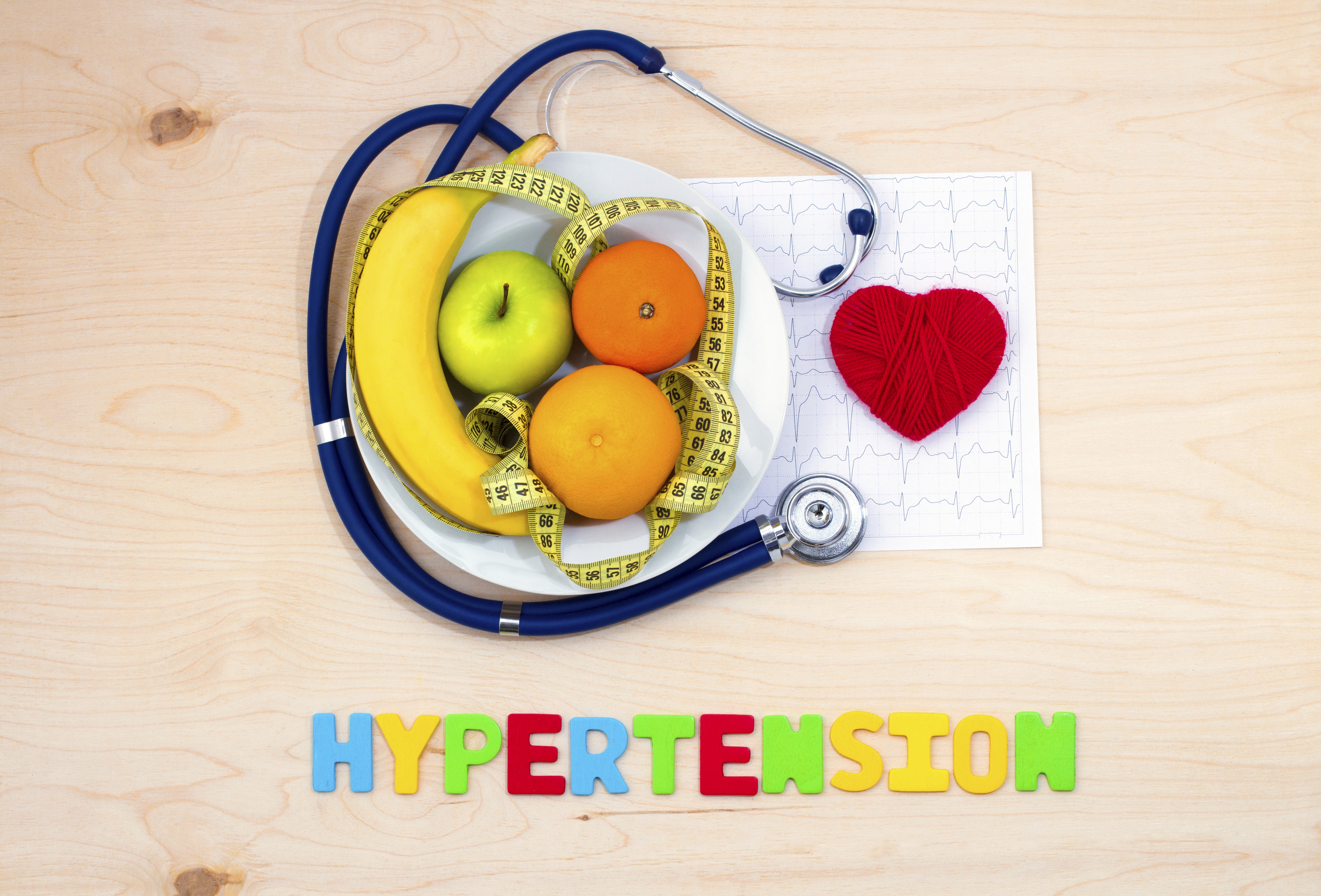MP technology still relies on pulsed high-frequency electromagnetic (EM) fields. Therefore, the health risks, associated with EM fields, remain. Studies that investigated these health risks have reported dizziness, numbness in the thigh, and heaviness in the chest. This study investigates neurological effects that are caused by EM fields radiated from MPs. The heart rate variability (HRV) can be used as a measure for these neurological effects because the automated nervous system modulates the HRV.
A study revealed that cellphones cause heart disease and kidney failure.
According to switched.com, European Research Institute for Electronic Components in Bucharest found that cell phones may lead to heart disease, kidney stones, etc.,
The study found that cell phones emit radiation which causes red blood cells to leak out hemoglobin, this hemoglobin accumulates in the body which becomes the cause for heart disease or kidney stones. Another group of researchers at Lund University found that exposure to cell phone radiation could cause proteins and toxic substances to leak into the brain, which leads to stroke, Multiple sclerosis and Parkinson's.






